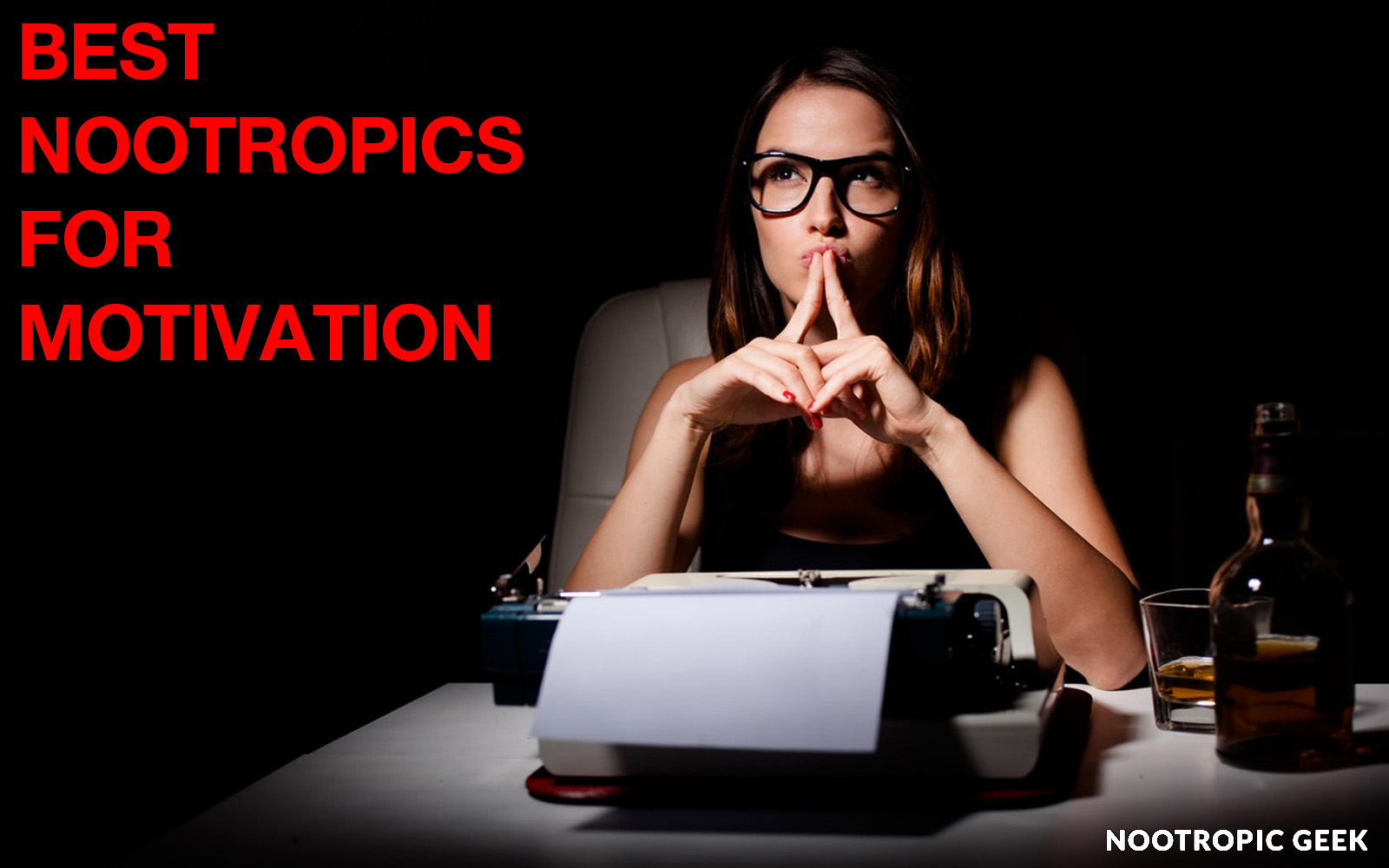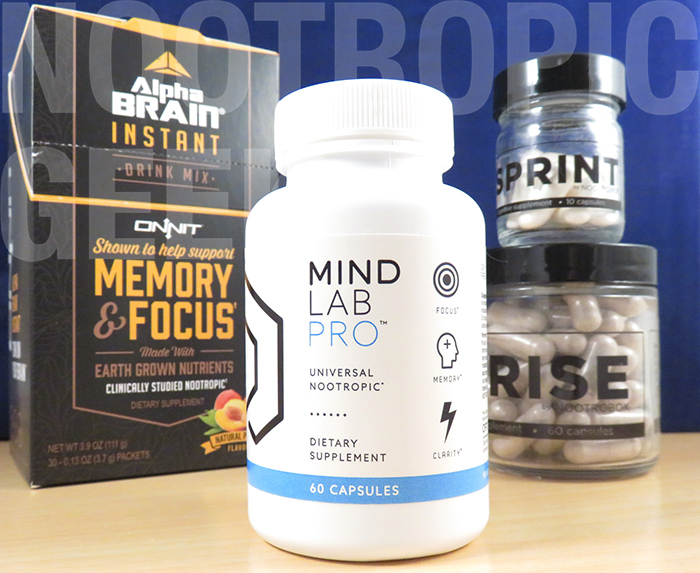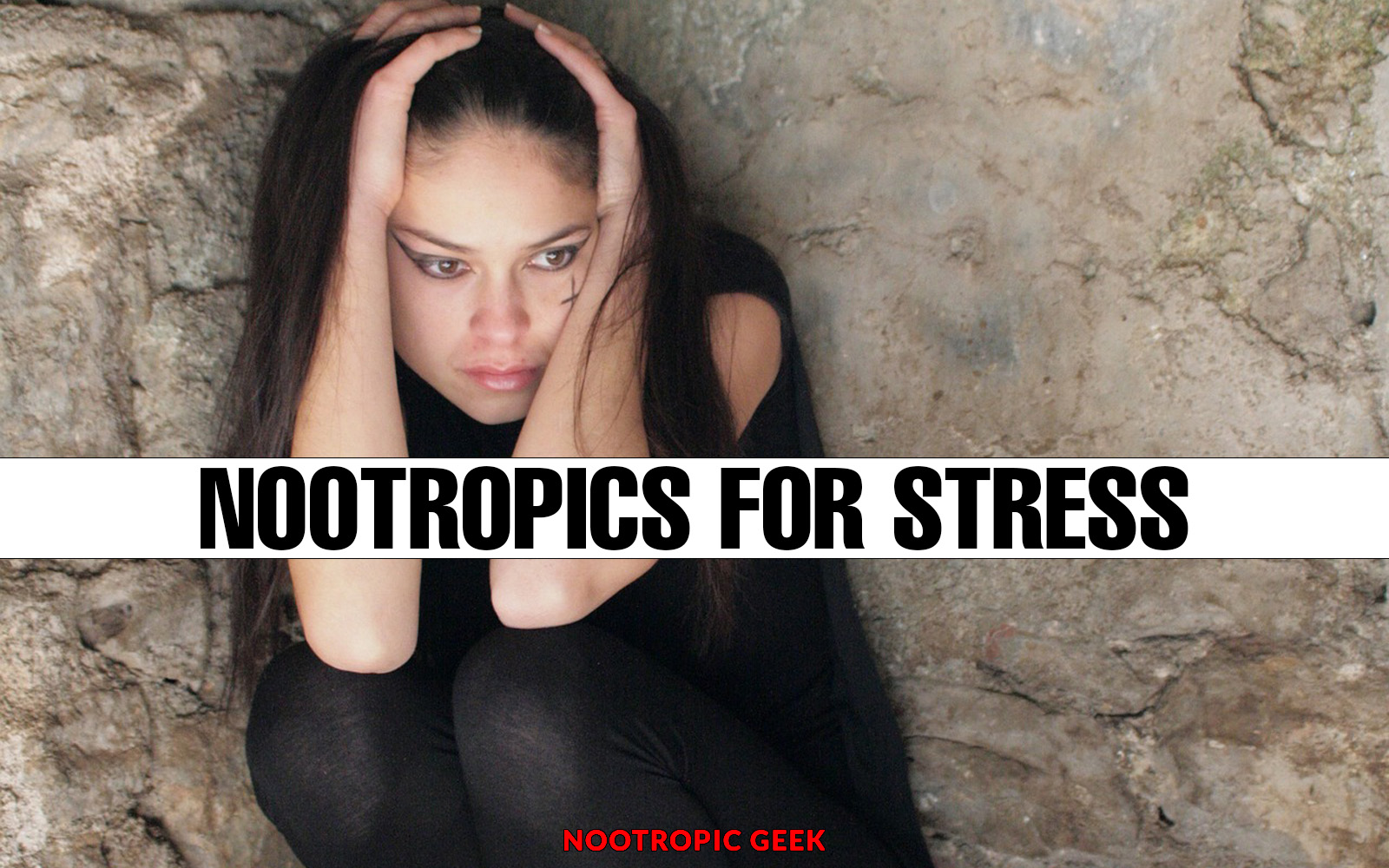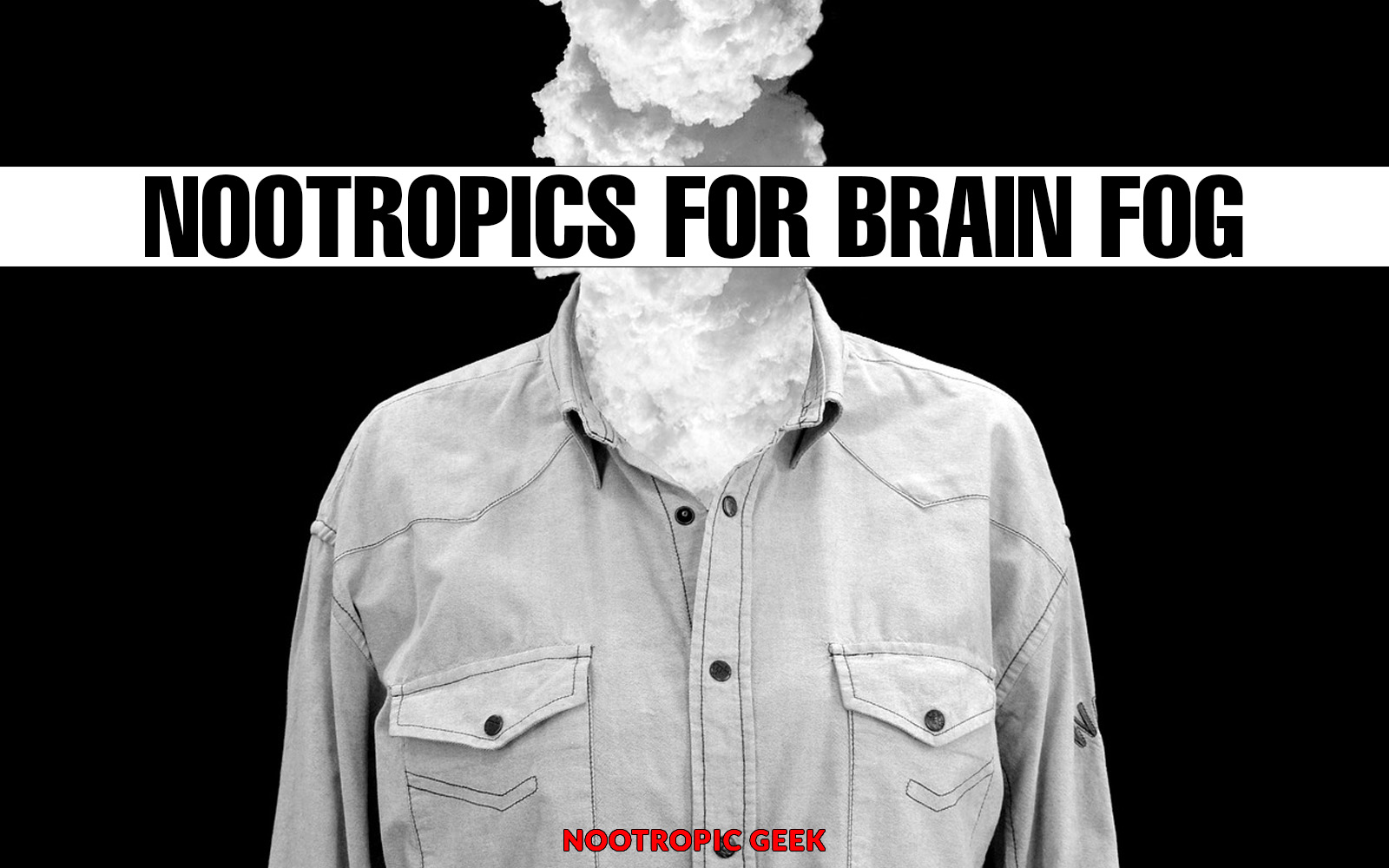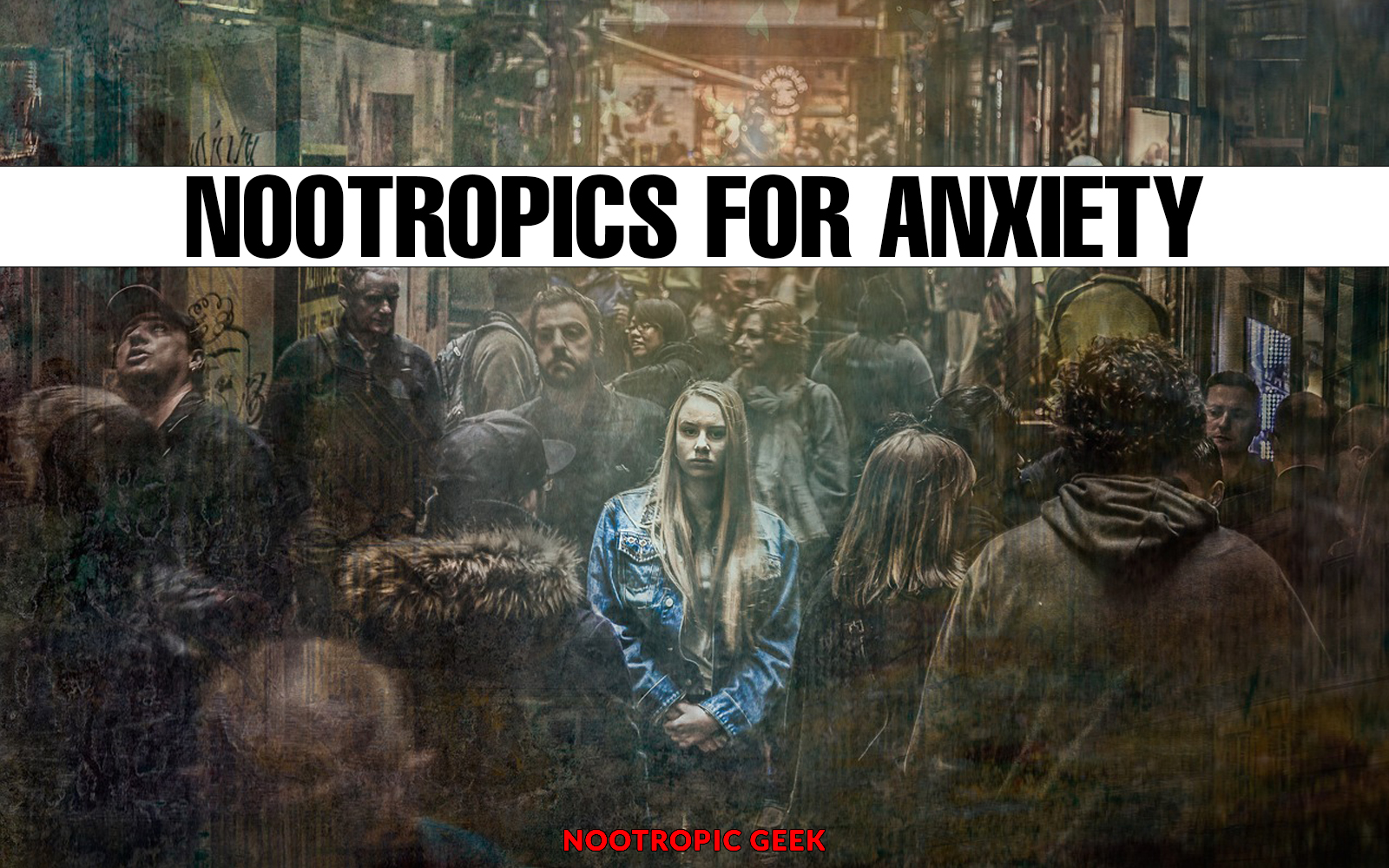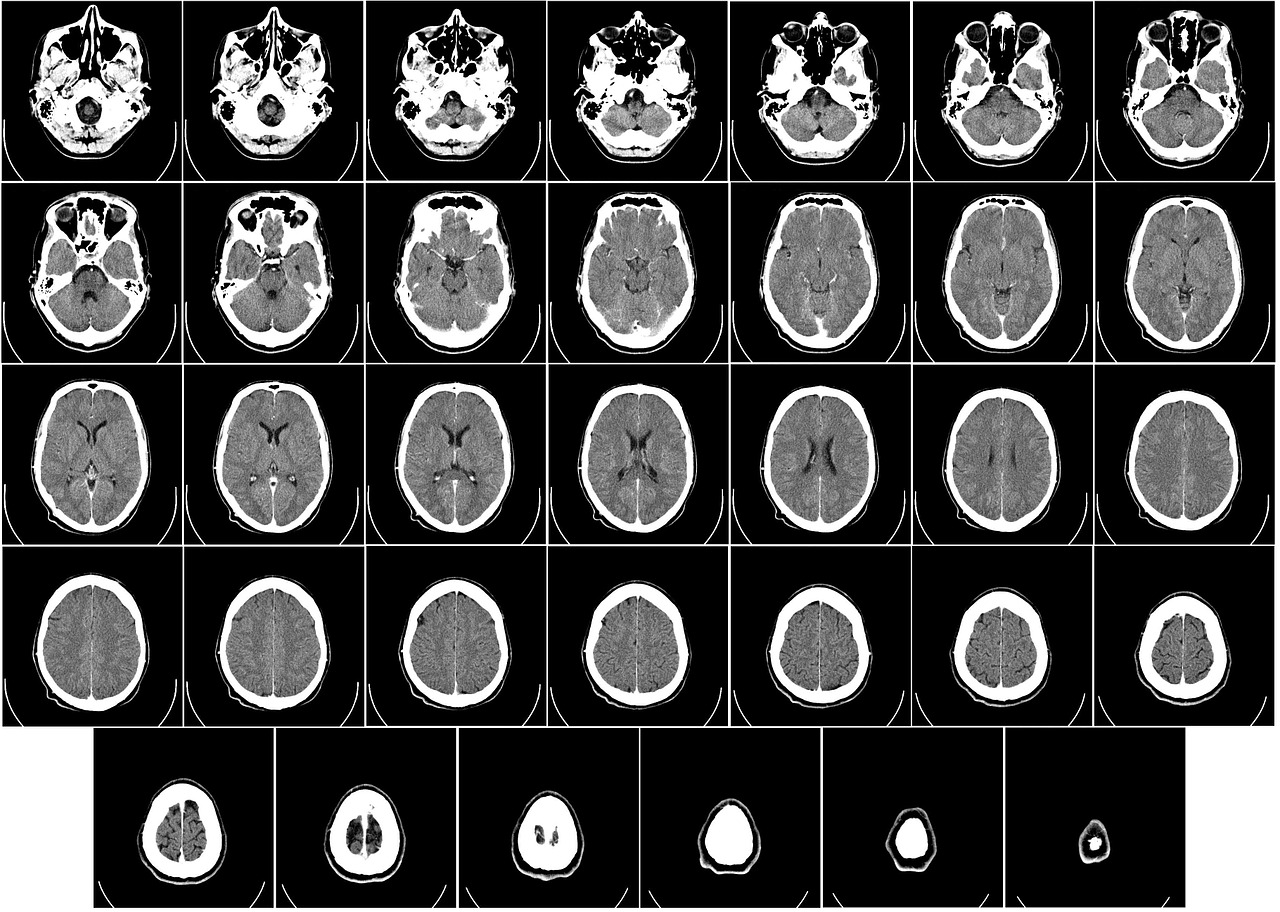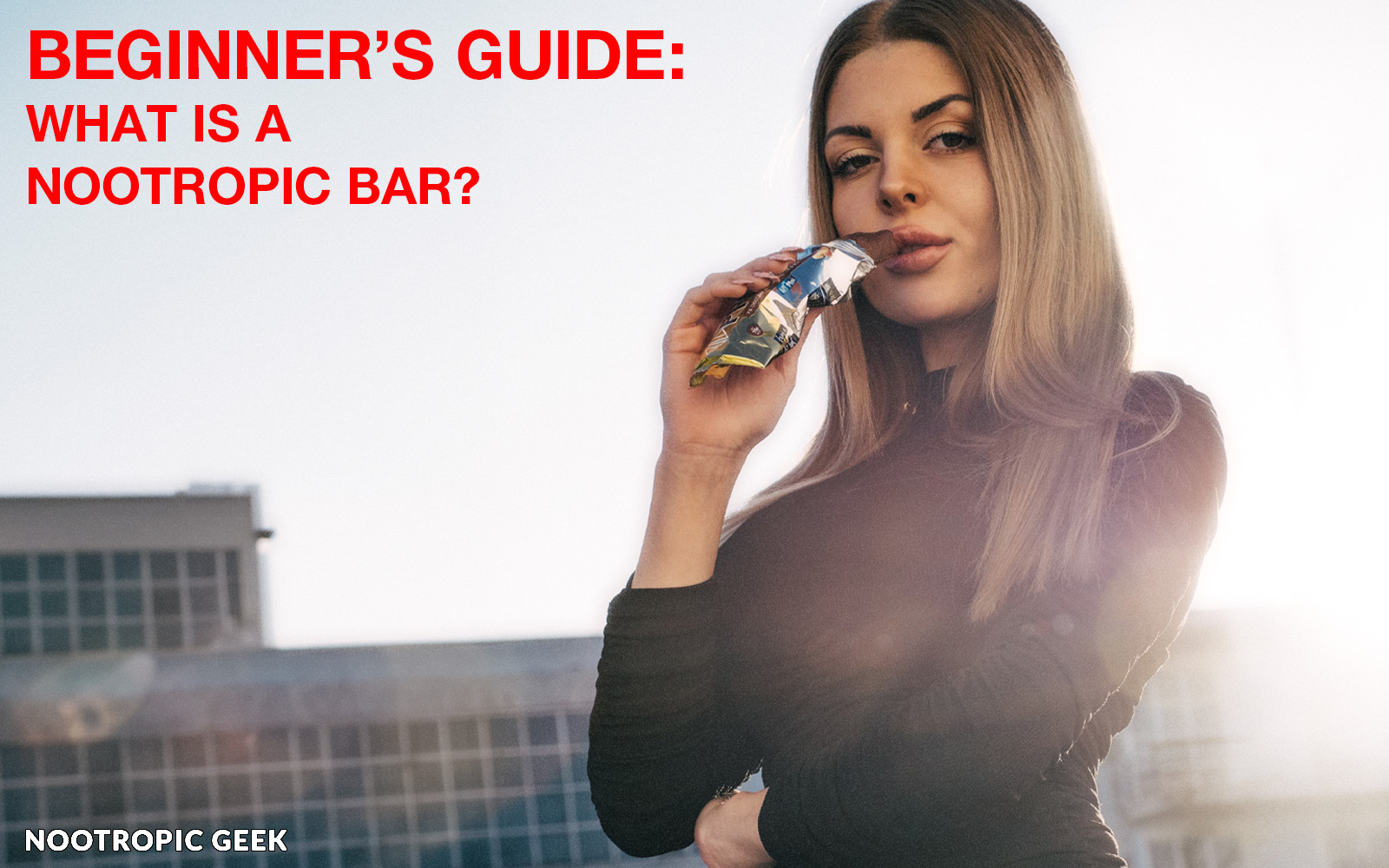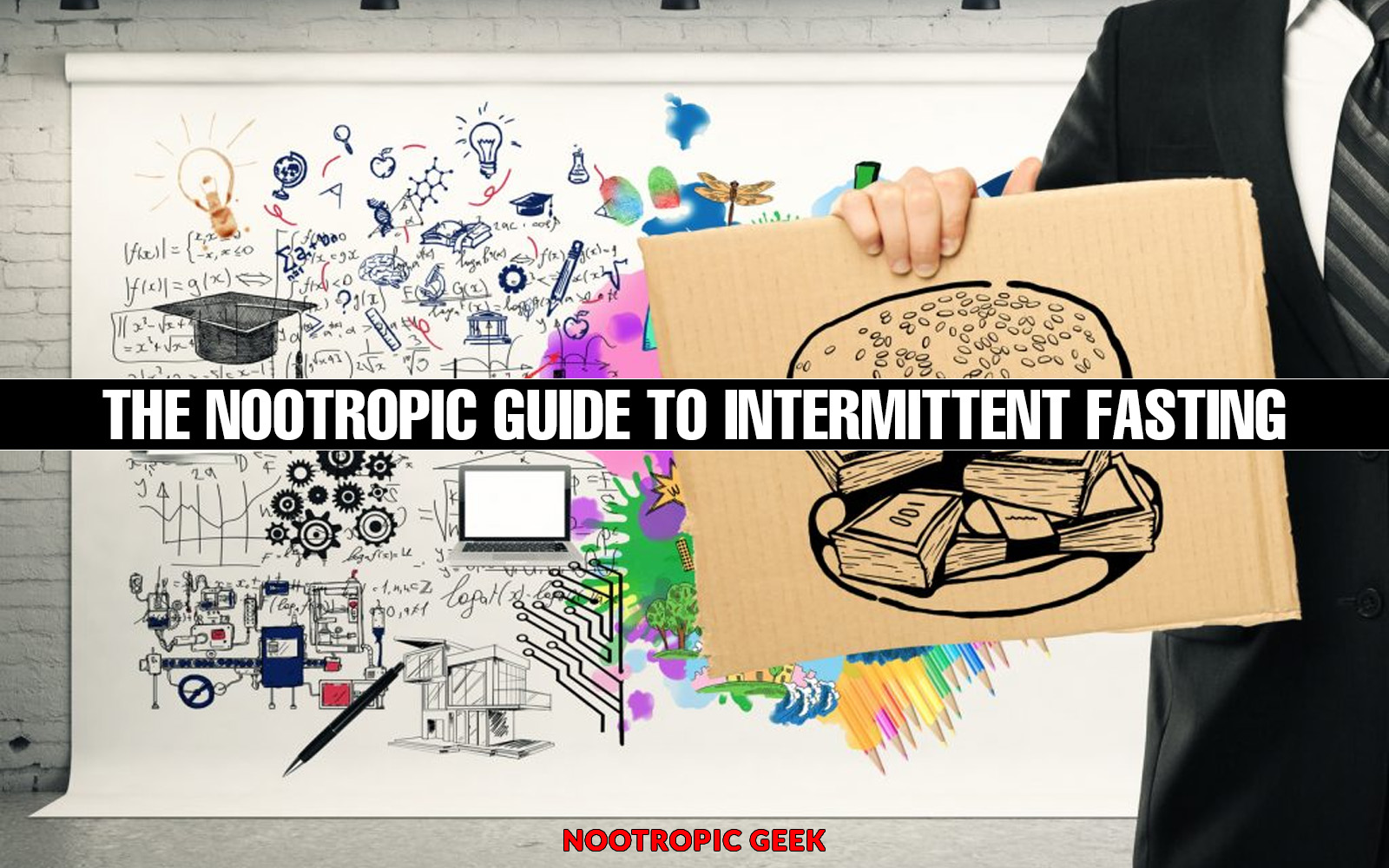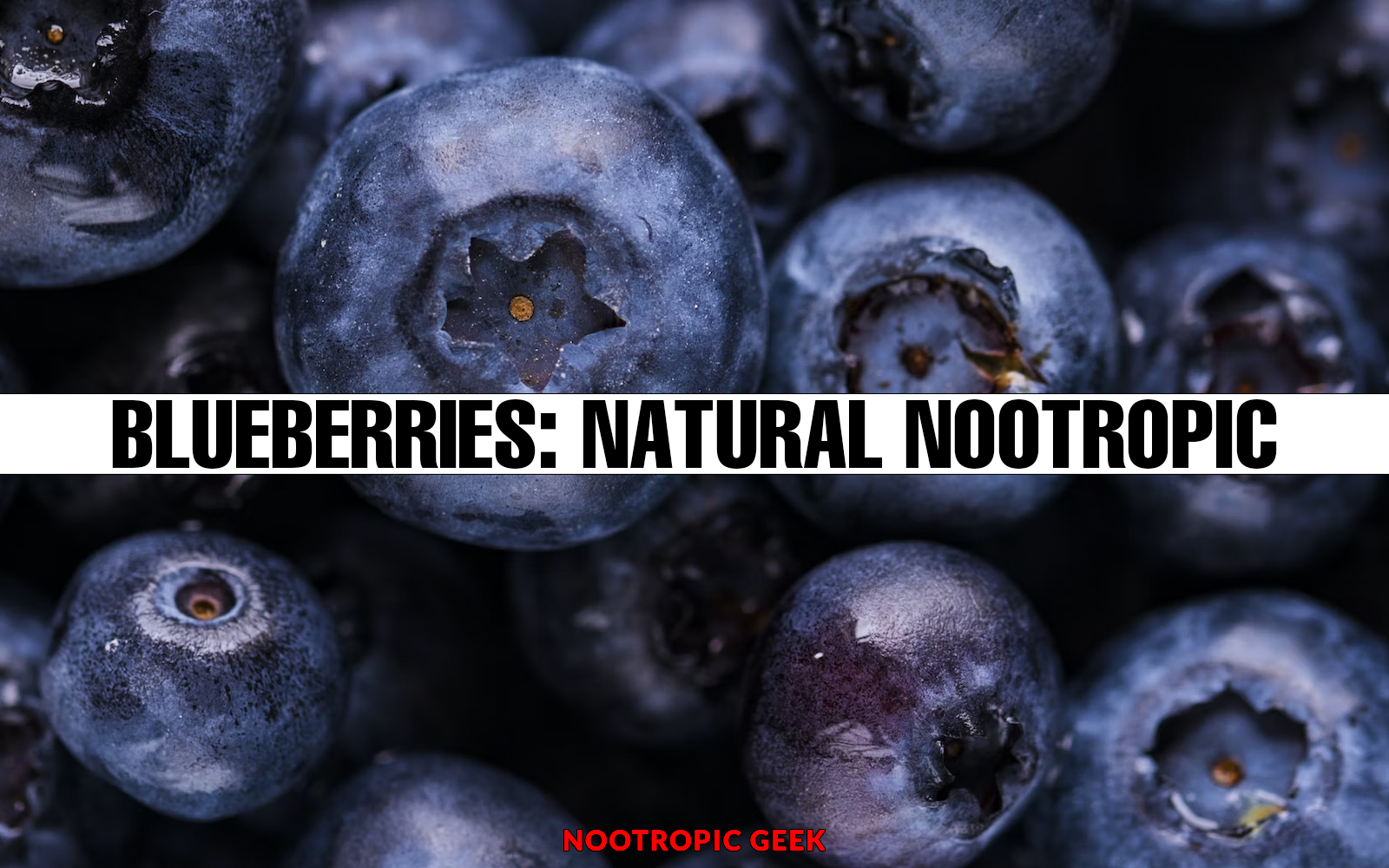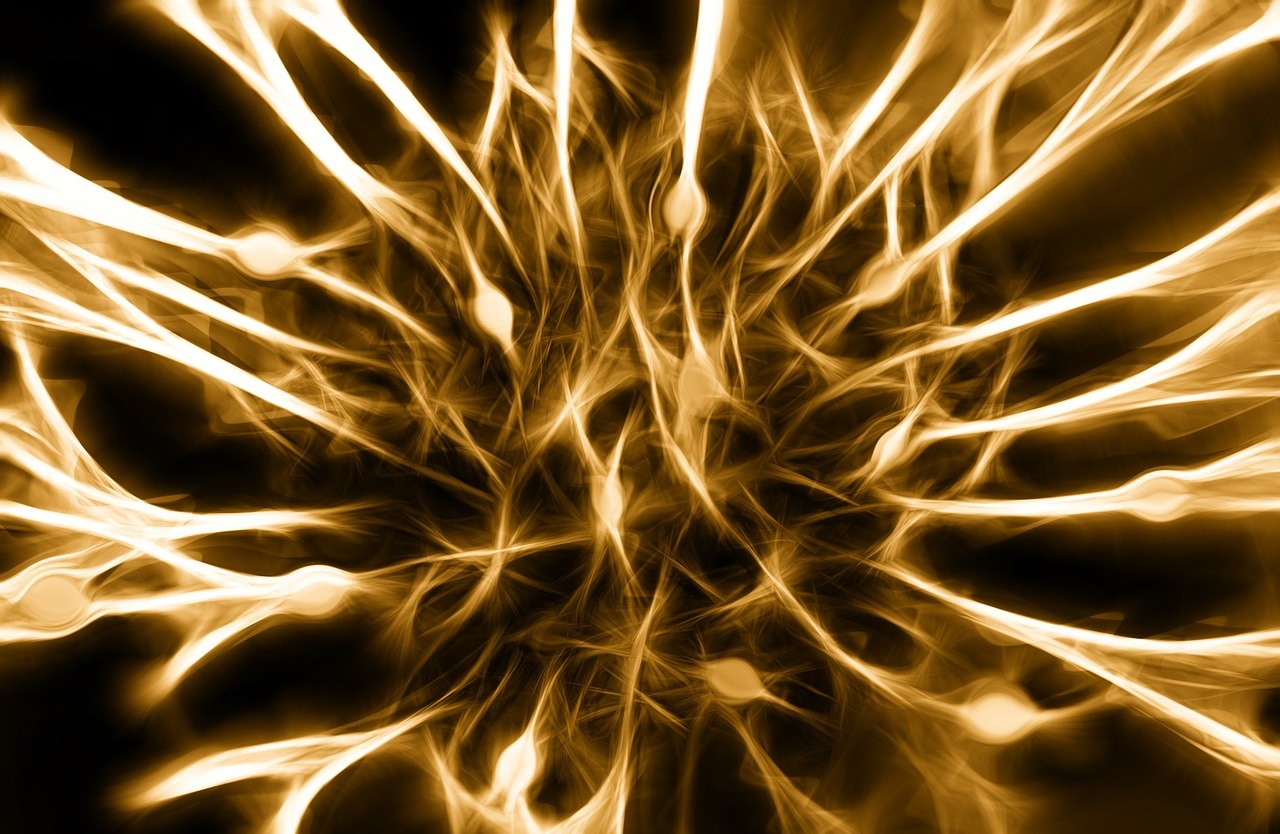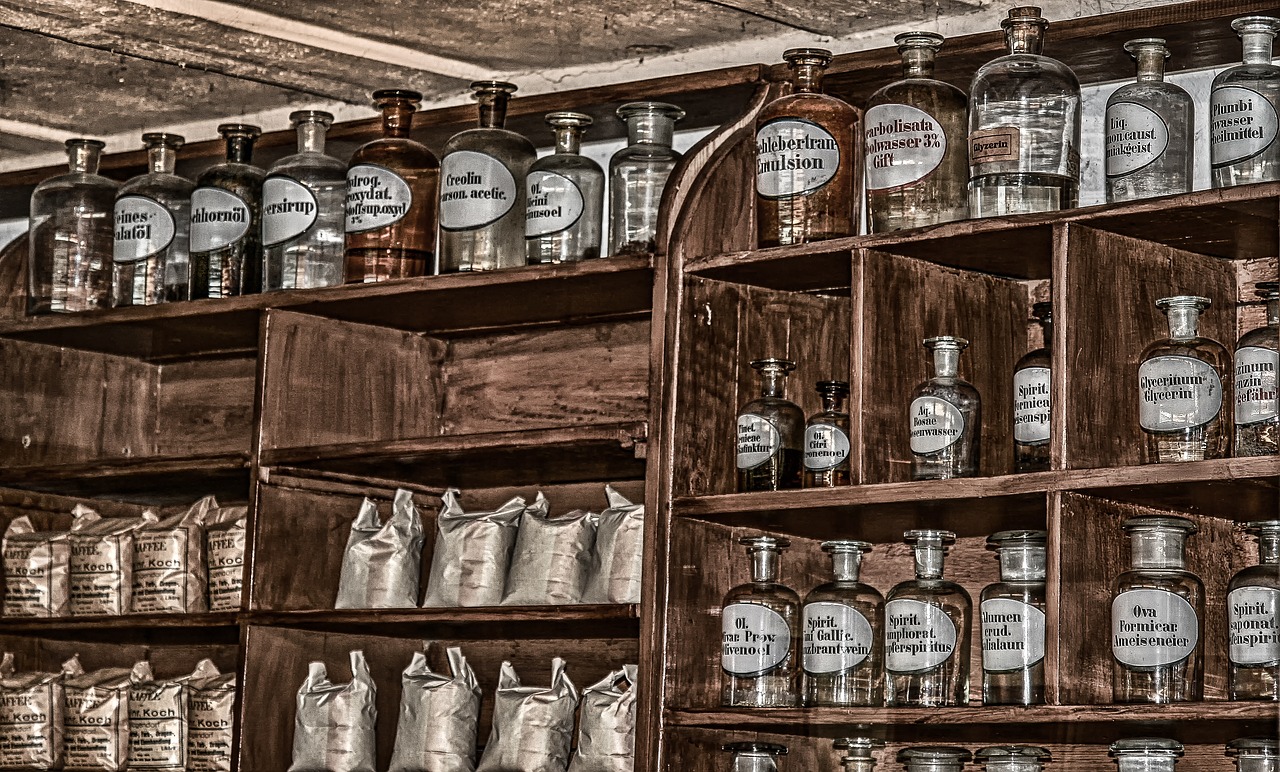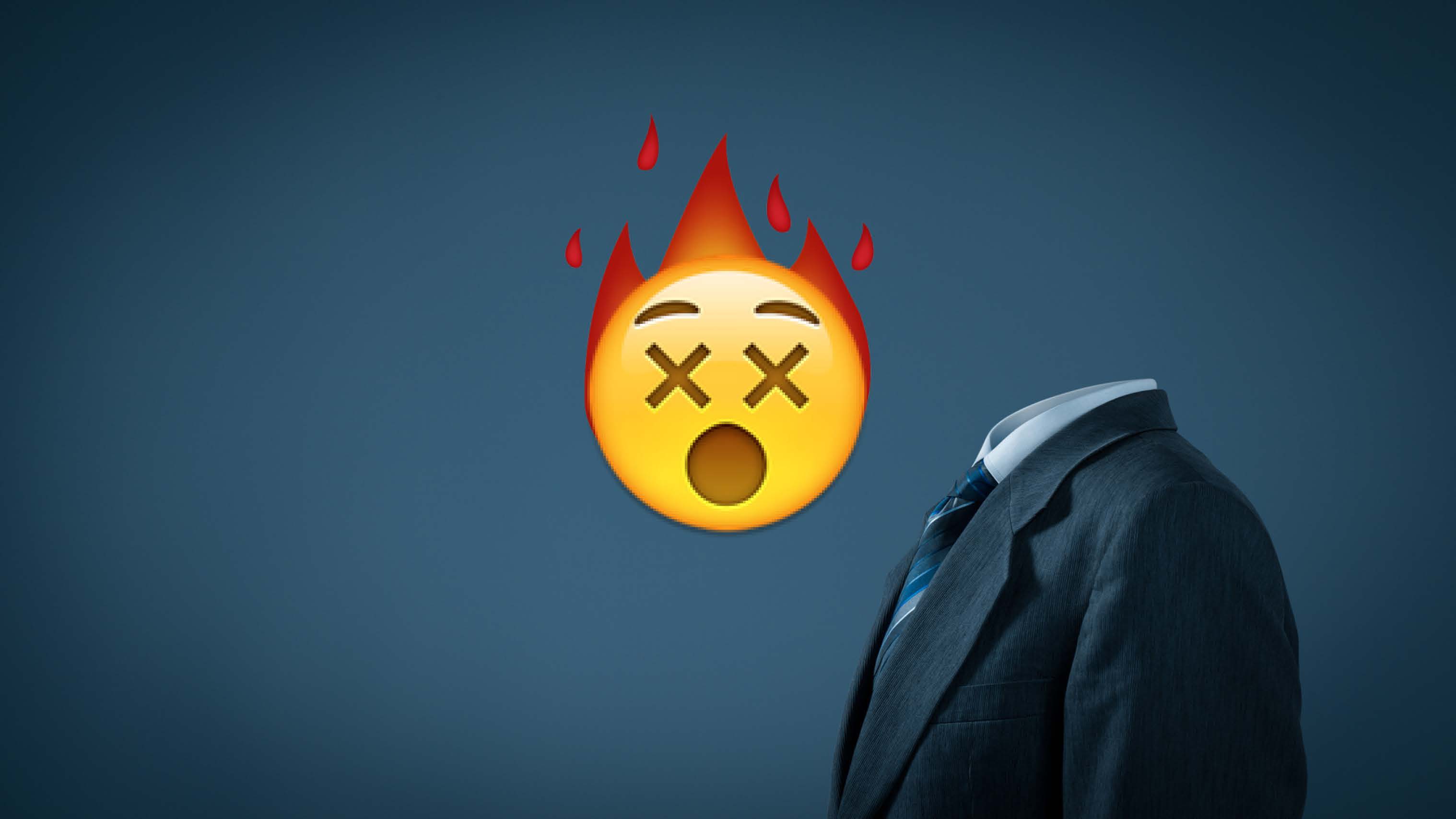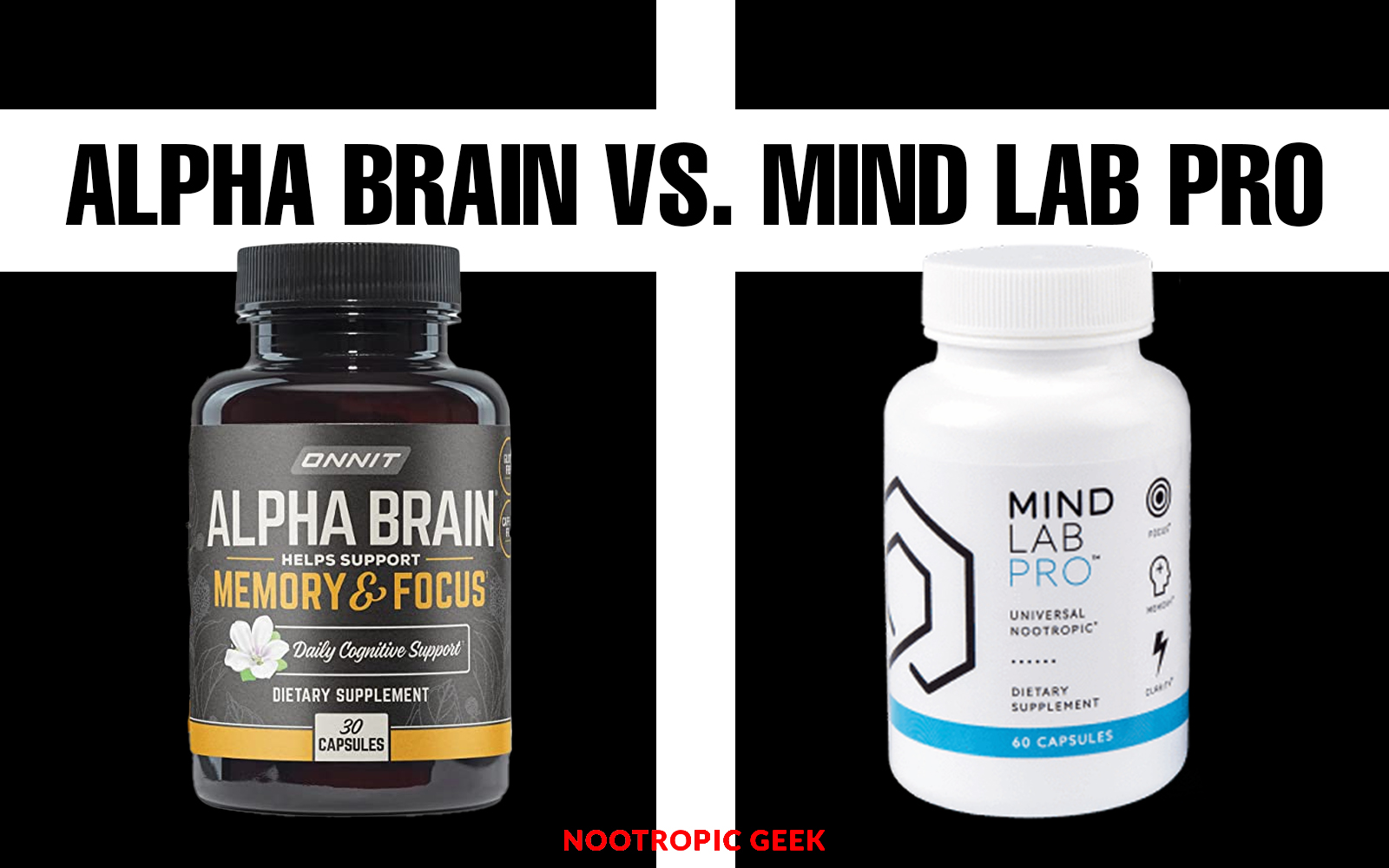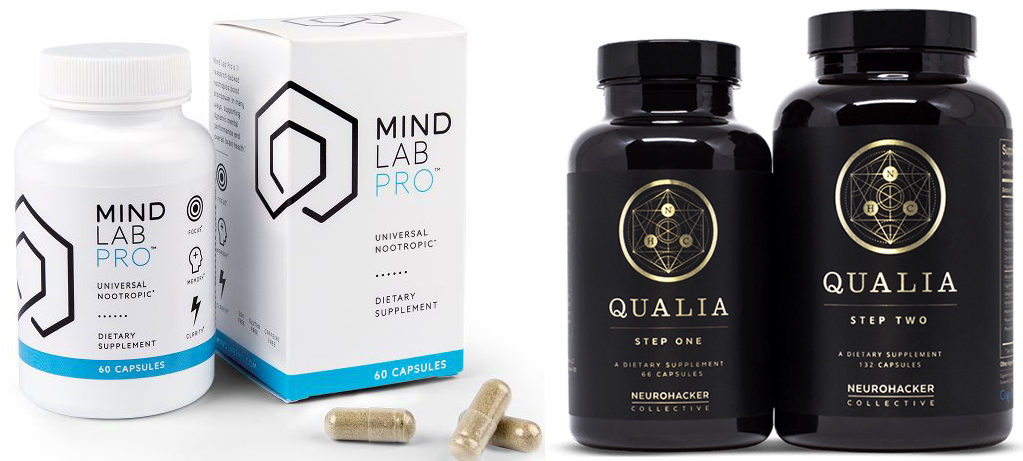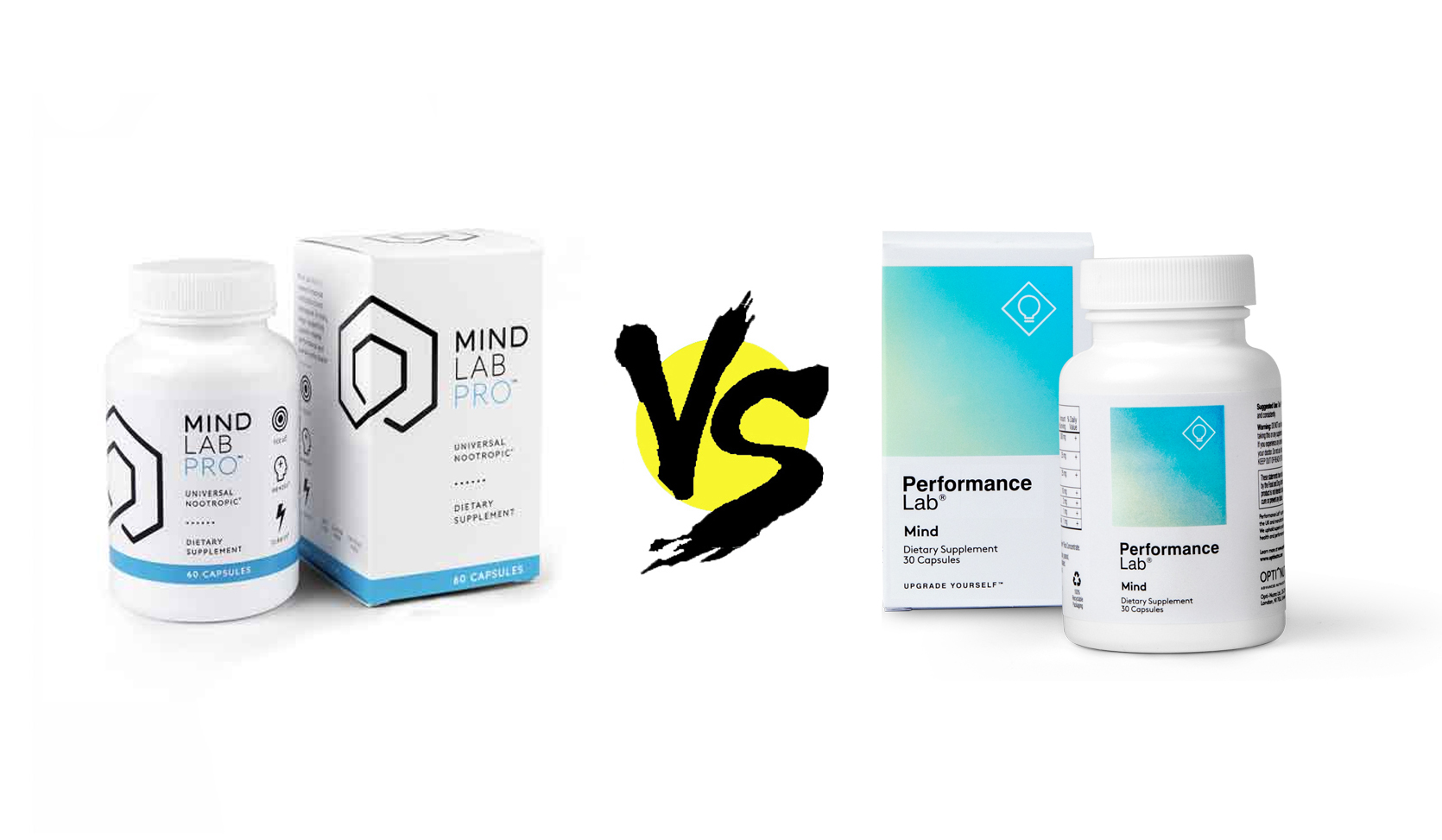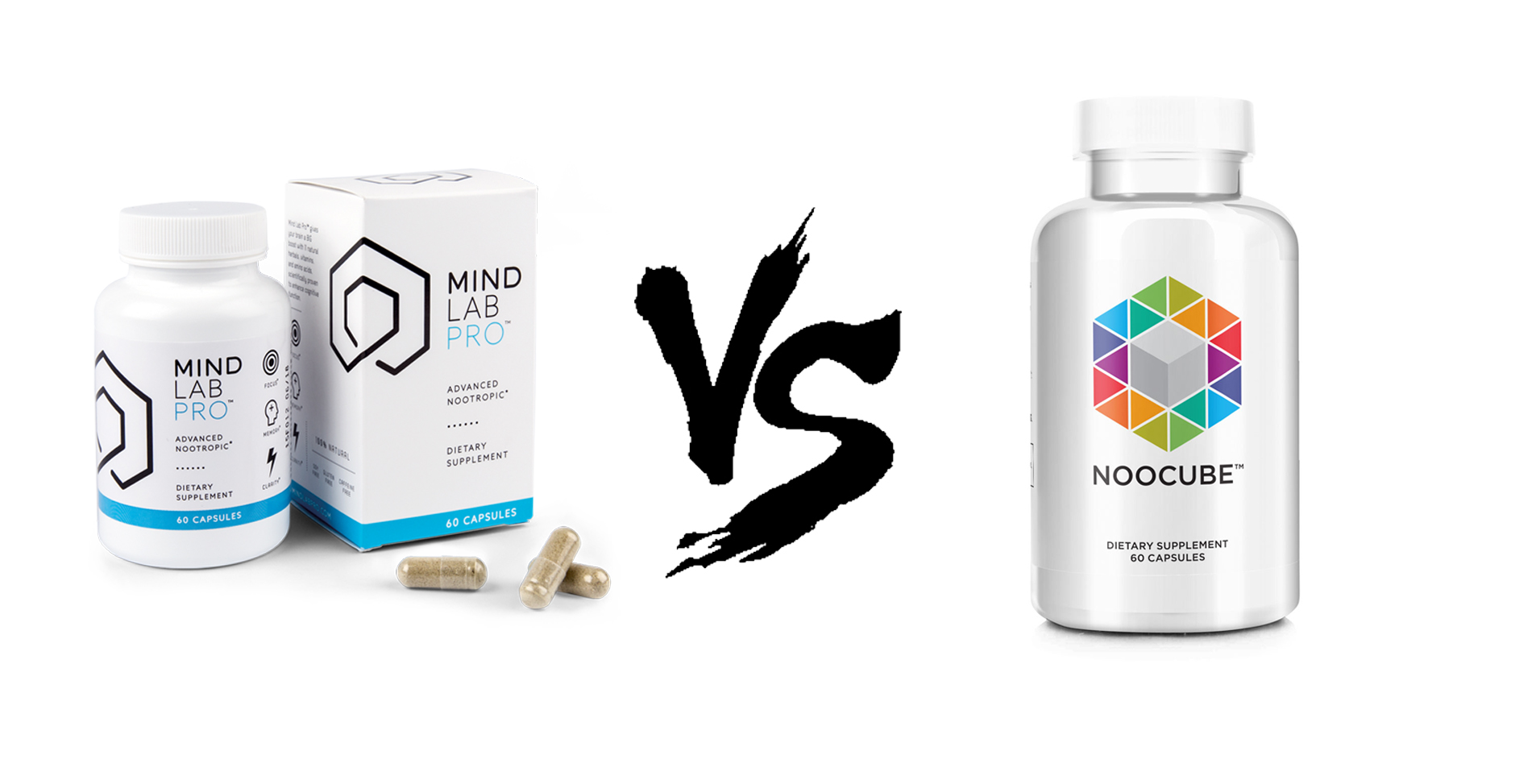Level Up Your Brain
Nootropics Demystified – Beginner Tips, Expert Reviews & Brain Hacks
Nootropics are my expertise.
On this site I am going to share all of the information I’ve picked up about nootropics, along with some of the awesome studies, papers, and resources I’ve used that you can explore on your own. Let’s get into it.
Buyers Guides
Not sure where to start? Why not start with the best of the best! Whether you’re a nootropic noob or a bio-hacking veteran, here’s a list I’ve compiled of my favorite daily nootropic supplements. You can check them out here
Nootropics 101
There’s so much to learn when it comes to Nootropics, luckily for you I’ve spent years taking in as much as possible. Below you’ll find the most recent articles on nootropics, including what they are, how they work and the effects of them.
Product Comparisons
Throughout Nootropic Geek are my reviews of a bunch of different nootropic ingredients and supplements. Many of the nootropics I review I have actually taken. In these cases, I can share my personal experiences on those nootropics. On others that I haven’t taken, I take a close look at the supplement facts and science, and analyze if it stacks up — leveraging every ounce of my geeky expertise.


